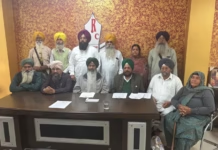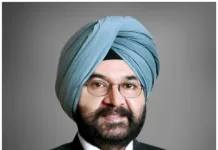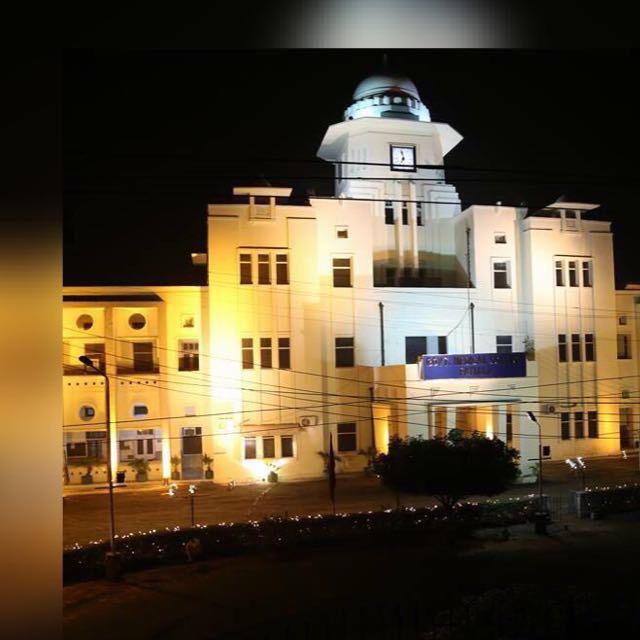PSPCL gear up for January 8 all India strike by electricity employees; employees advised to not to participate
KI Singh/ royalpatiala.in/ Patiala
On a nationwide strike call given by National Coordination committee of Electricity Employees and Engineers (NCCOEEE) and All India Federation of Electricity Employees for January 8, 2020, against Anti People, Anti Employees and Anti Country Policies adopted by BJP led Union government, Punjab State Power Corporation Limited (PSPCL) has issued standing instructions to its employees, to not to participate in the strike as “No work No pay “ and “break in service” rule will be implemented if they participate in this call. The power corporation has also directed its officers to make uninterrupted power supply possible and no consumer would feel the heat of the strike.
“Thousands of PSPCL employees, affiliated with federations, trade unions across the state may participate in the strike on January 8, as part of the one-day nationwide electricity employees strike called by electricity engineers, employees, associations across power generation, distribution, and supply sectors, so PSPCL is going to make all possible arrangements for uninterrupted power supply to its valuable consumers, throughout the state” , said PSPCL officials. The official clarifies that employees taking medical leave will not be considered for “no pay no work” rule.
Power com has also instructed its field officials to set up special control rooms from January 7, 2020 till January 9, 2020, that will work 24X7 to receive complaint calls and if any employee create ruckus, police help must be taken immediately.
PSPCL official further states that “as PSPCL comes under ESMA ACT-1947, any violation by its employee will incur a fine and 3 years jail”
The NCCOEEE has been actively organising and mobilising power sector workers across the country to fight against the anti government policies from time to time. Last year on the same dated NCCOEEE gave a call for two days nationwide strike against the Electricity (Amendment) Bill, 2018. First introduced in 2014, the Bill seeks to amend the Electricity Act, 2003, and further divides the power industry that had already been trifurcated into generation, transmission and distribution by the 2003 Act — following the World Bank’s model of “unbundling” to aid privatisation..















